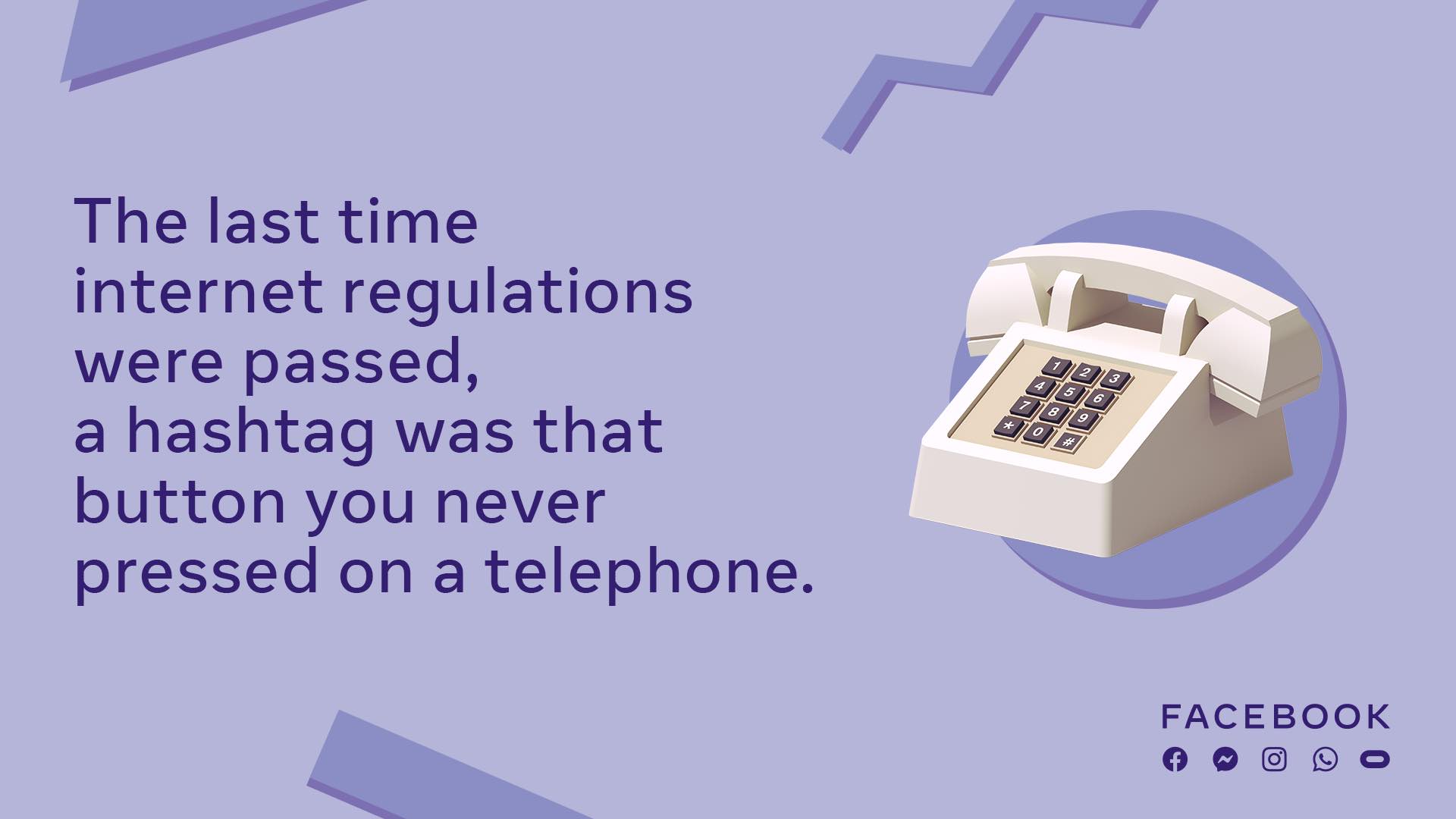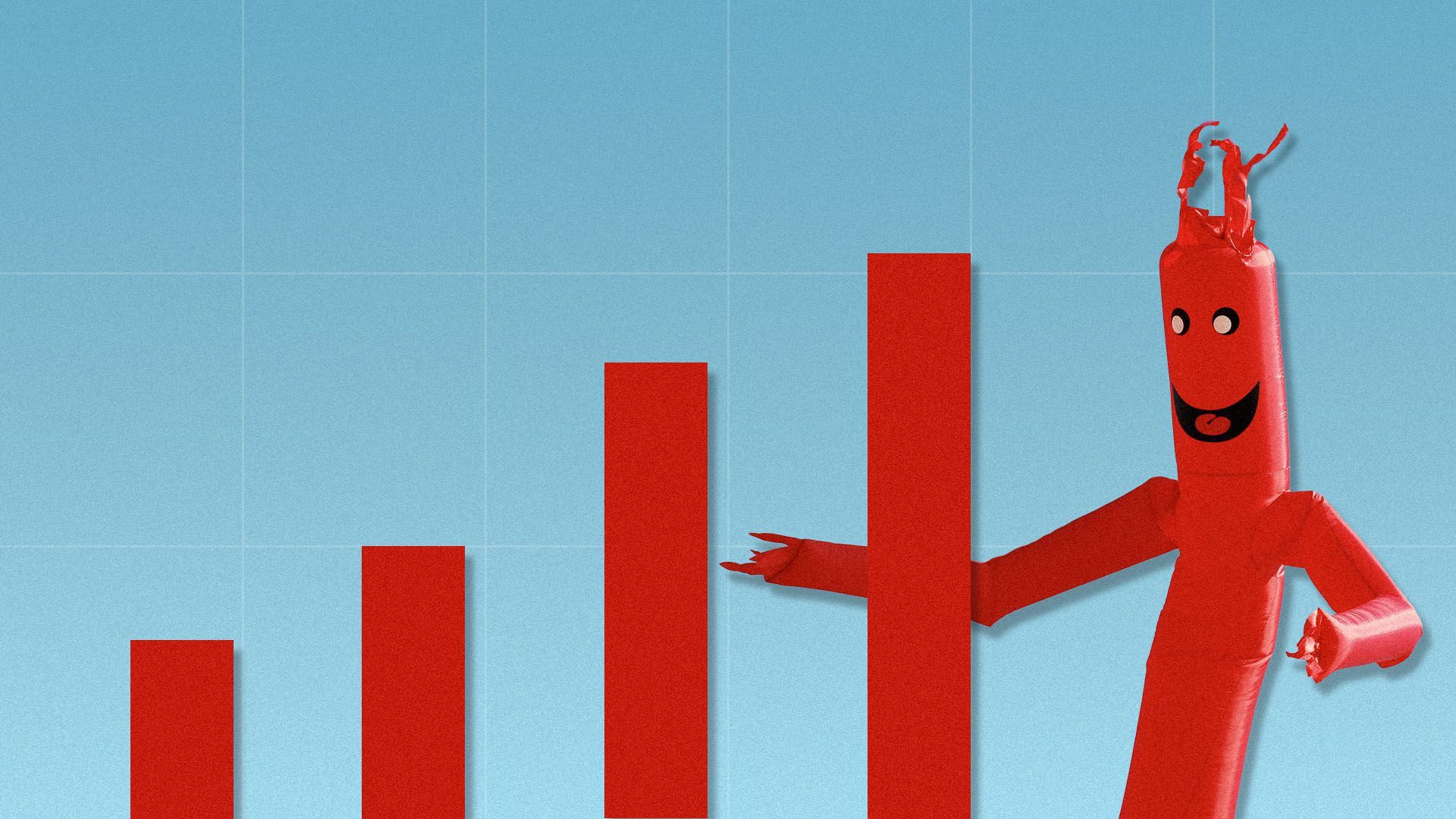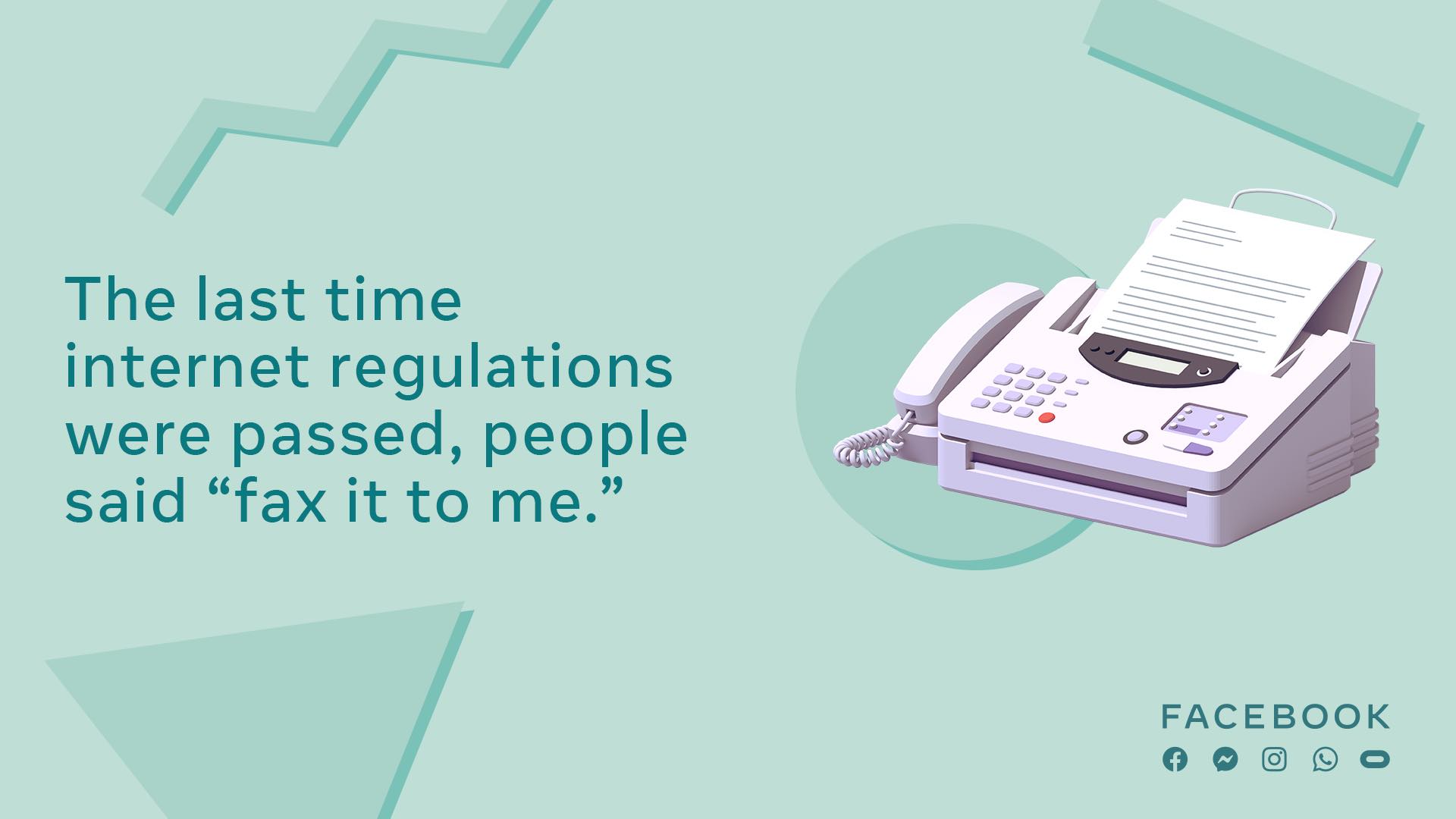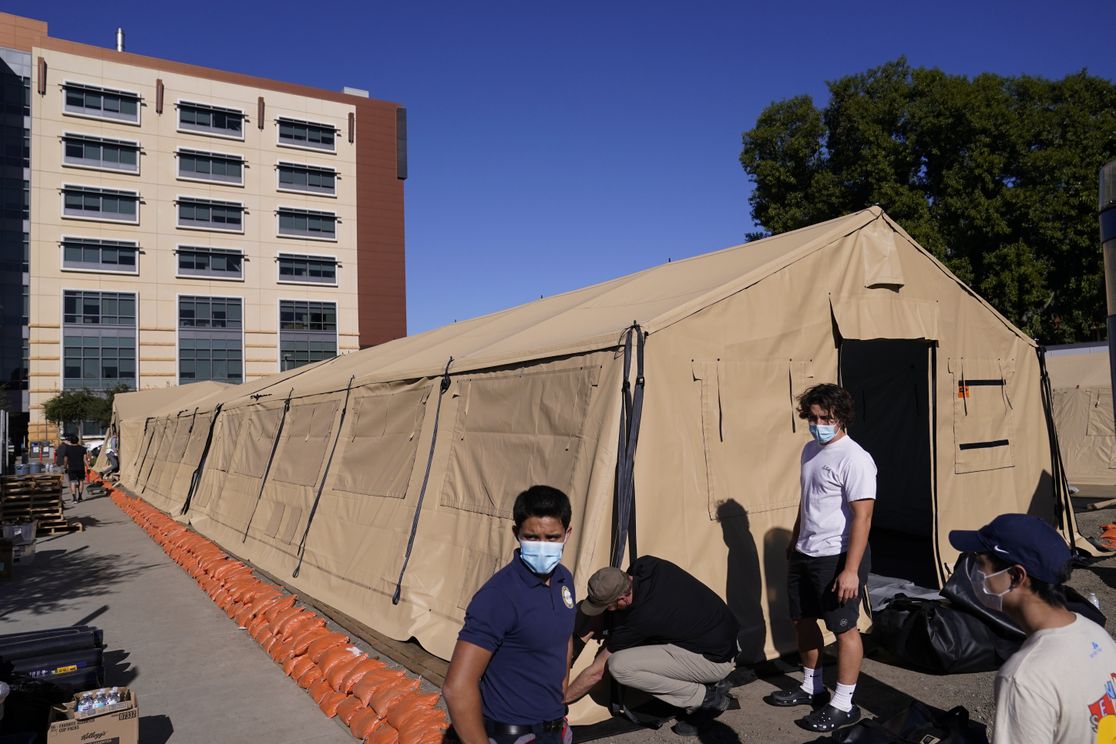| |
| |
| |
| Presented By Facebook |
| |
| Axios AM |
| By Mike Allen ·Dec 23, 2020 |
| 📦 Good Wednesday morning. Today's Smart Brevity™ count: 1,182 words ... 4½ minutes. |
| |
| |
| 1 big thing: Trump's chaos ploy |
 |
|
| Graphic: MSNBC |
| |
| Advisers to President Trump tell me three forces drove last night's twin bombshells — a slew of pardons for his allies, and a last-hour attack on the $900 billion stimulus bill as a "disgrace": - Because he can: As Jonathan Swan has explained, Trump loves pardons for the same reason he relishes executive orders — pure power and instant gratification. A longtime Trump official says that pardons are uniquely satisfying to Trump because he can overturn the work of another branch of government, the judiciary.
- He wants attention: As the nation moves on from the election and President-elect Biden names a Cabinet and addresses the nation, Trump — mostly out of sight for the past seven weeks — "sees Biden being relevant every day," one presidential adviser said. That helps explain the video Trump tweeted 14 minutes after announcing the pardons, calling on Congress to increase "ridiculously low" stimulus checks from $600 for an individual to $2,000.
- It splits the party: Trump wants the Republican Party to remain beholden to him, and is desperate to retain his GOP power past Jan. 20. Top Republicans are increasingly queasy about the two runoffs in Georgia on Jan. 5 that will determine which party controls the Senate. Last night's White House actions undermine the GOP Senate candidates by fomenting turmoil and distraction, and robbing the senators of a clear win on the stimulus.
Many of the pardons appear to have been granted on whim. - The N.Y. Times' Michael Schmidt told MSNBC's Rachel Maddow: "[I]t's clear that many of them don't even meet the basic criteria to receive a typical Justice Department recommendation for a pardon. So that means that they operated essentially outside the system," with people lobbying Trump and his confidants.
The pardons included former Reps. Duncan Hunter of California and Chris Collins of New York, two of the earliest GOP lawmakers to back Trump's 2016 campaign. - Axios' Glen Johnson points out that the two voluntarily pleaded guilty to well-documented insider-trading and campaign-spending violations.
- Another pardon went to George Papadopoulos, the former Trump campaign adviser, who pleaded guilty to making false statements to the FBI about Russian contacts.
On the stimulus, Trump just talked to a camera, with no press present — political theater and posturing, Johnson emails me. - The president made a populist case against a bill his own Treasury secretary helped negotiate — and which Senate Majority Leader Mitch McConnell, who antagonized Trump by finally recognizing Biden as president-elect, helped send to the Oval Office with a veto-proof majority.
Go deeper: Snapshots for 20 of the pardons and commutations. Share this story. |
    |
| |
| |
| 2. Combined COVID packages are most expensive in U.S. history |
 Data: Axios Research; Chart: Andrew Witherspoon/Axios Adding together this year's two COVID relief packages, the amount of stimulus passed by Congress in 2020 would dwarf any previous U.S. government spending program — including New Deal legislation, Axios' Felix Salmon reports. - Before this year, America's largest-ever spending program was President Obama's American Recovery and Reinvestment Act — which clocked in at just over $1 trillion, in today's money.
Per capita, or as a percentage of GDP, the record was held by FDR's New Deal of 1933-35, which spent about $6,680 in today's dollars for every living American. - Both records could be smashed this year, with stimulus so far totaling some $8,845 per American.
Share this graphic. |
    |
| |
| |
| 3. Big Tech, built on speed, learns to slow down |
 |
|
| Illustration: Annelise Capossela/Axios |
| |
| Every crisis tech faces — from the onslaught of antitrust litigation, to the cyberattack, to the pandemic's toll on health and the economy — is unfolding in slow motion, managing editor Scott Rosenberg writes from the Bay Area. - Why it matters: Tech built its success on eliminating delays — from the late-20th-century dawn of personal computing's Moore's Law-driven exponential growth, and the beginning of supercharged "internet time." That magic is failing at this historic moment.
When the judge in the Justice Department's lawsuit against Google estimated that the case would be likely to come to trial in 2023, you could hear the collective jaw-drop from industry leaders, critics and journalists alike. - 2023! Three years is a generation in tech.
When coronavirus lockdowns first hit last March, the tech industry was able to leap in and ramp up videoconferencing, home delivery services, contact-tracing app development and other rapid adaptations to the new reality. - But the resolution of the crisis is happening on a much slower timeline.
On the cyberattack, you can patch the flaw that led to the initial breach. But when enemies have been freely roaming inside your network for months, rooting them out requires significant expenditure — and deep patience. Keep reading. |
    |
| |
| |
| A message from Facebook |
| It's time to update internet regulations |
| |
 |
| |
| The internet has changed a lot in 25 years. But the last time comprehensive internet regulations were passed was in 1996. We want updated internet regulations to set clear guidelines for addressing today's toughest challenges. Learn More |
| |
| |
| 4. Pic du jour |
 |
|
| Photo: William Edwards/AFP via Getty Images |
| |
| Freight lorries jam the tarmac of Manston International Airport in South East England, after France imposed a 48-hour blockade aimed at stemming the new virus strain. |
    |
| |
| |
| 5. Pollster interviews COVID survivors |
 Data: Axios/Ipsos survey; Chart: Axios Visuals 54% of people who survived a coronavirus infection say the experience made them take the pandemic more seriously, health care editor Sam Baker writes from an Axios/Ipsos survey— the first to focus exclusively on people who have contracted the virus. Key caveat: This survey covered 319 people who said they had tested positive for a coronavirus infection. That's a relatively small sample, and it has a relatively large margin of error, at +/- 7.5 percentage points. - But it's still the first survey of its kind, and it provides valuable statistical insight, in big-picture terms, into the thoughts and feelings of the large and growing share of Americans who have been infected during this pandemic.
Keep reading. |
    |
| |
| |
| 6. Used cars suddenly hot |
 |
|
| Illustration: Sarah Grillo/Axios |
| |
| A normally sleepy side of the auto industry — used car sales — is the hot new thing for some automakers who sense they are losing lucrative business to online newcomers, Axios Navigate author Joann Muller writes. - Why it matters: While feasting for years on profits from expensive SUVs and trucks, many automakers have forfeited the lower end of the market at precisely the time many COVID-wary consumers are looking for an affordable alternative to public transportation.
What's happening: Fast-growing digital used-car retailers like Carvana and Vroom are taking advantage of the vacuum by making it easy for budget-constrained consumers to find the car they want, complete the purchase online and then have it delivered to their doorstep. - Both Vroom and Carvana — which offers the added twist of used-car "vending machines" — have seen strong consumer demand in 2020.
Keep reading. |
    |
| |
| |
| 7. 📊 States with most, least growth |
| Idaho was the state with the biggest population increase from July 2019 to July 2020, growing 2.1% to 1.8 million residents, AP reports from Census Bureau estimates. - Next was Arizona, which grew 1.8%; Nevada, which increased 1.5%; Utah, which grew 1.4%; and Texas, which increased 1.3%.
New York — the pandemic's epicenter in the spring — had the nation's biggest decline, losing an estimated 126,000 residents, or a dip of 0.65%. - Next was Illinois, with a 0.63% drop; Hawaii, with a 0.61% decline; West Virginia, with a 0.58% drop; and Mississippi, with a 0.38% decline.
|
    |
| |
| |
| 8. America's deadliest year |
| Engineers and volunteers erect a mobile field hospital at UCI Medical Center in Orange, Calif., on Monday. Photo: Jae C. Hong/AP This is the deadliest year in U.S. history, with deaths expected to top 3 million for the first time — due mainly to the pandemic, AP reports. - Final mortality data for this year will not be available for months. But preliminary numbers suggest that the United States is on track to see more than 3.2 million deaths this year, or at least 400,000 more than in 2019.
- COVID has killed more than 318,000 Americans.
|
    |
| |
| |
| 9. 🥊 Bite of the day |
| A House staffer wheels the 5,593-page bill from the House chamber to the Senate chamber on Monday. Photo: Oliver Contreras/Bloomberg via Getty Images Brookings' Adam Looney, a Treasury Department tax official in the Obama administration, told the N.Y. Times that the government's pandemic relief efforts are disproportionately helping high-income business owners: The year 2020 is going to be one of the most unequal years in modern history. |
    |
| |
| |
| 10. NBA breaks out of its bubble |
 |
|
| Illustration: Eniola Odetunde/Axios |
| |
| The Disney World bubble kept the NBA safe from COVID-19 this summer. Last night marked the beginning of an even greater challenge: staging a 72-game season in the real world, Axios Sports author Kendall Baker writes. - The Brooklyn Nets blew out the Golden State Warriors, 125-99, in Kevin Durant's grand return from injury against his old team.
- The Los Angeles Clippers beat LeBron James and his reigning champion Lakers, 116-109.
|
    |
| |
| |
| A message from Facebook |
| Internet regulations need an update |
| |
 |
| |
| It's been 25 years since lawmakers passed comprehensive internet regulations. But a lot has changed since 1996. We want updated regulations to set clear guidelines for protecting people's privacy, enabling safe and easy data portability between platforms and more. Learn More |
| |
| 📬 Thanks for starting your day with us. Please invite your friends to sign up for Axios AM/PM. |













No comments:
Post a Comment